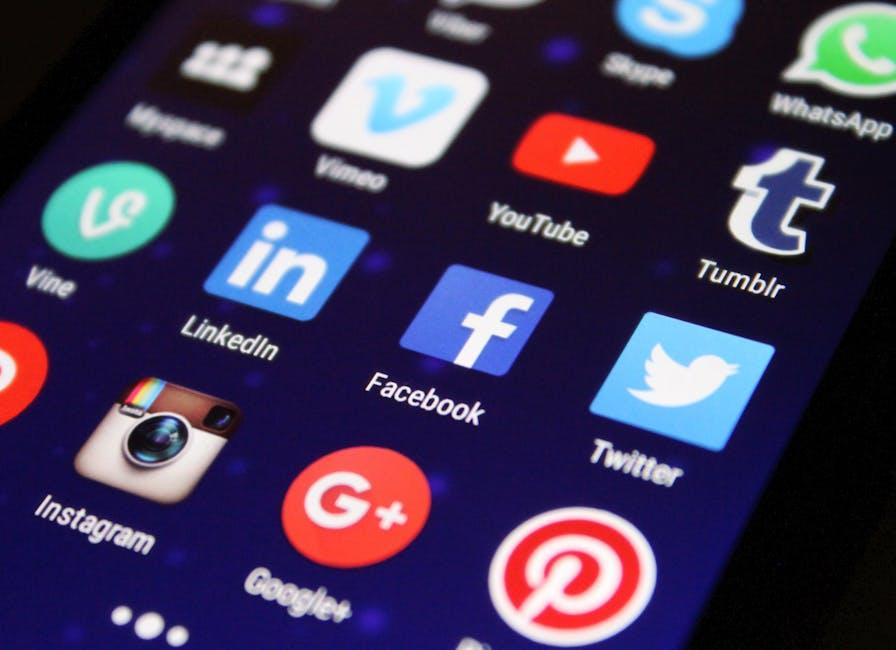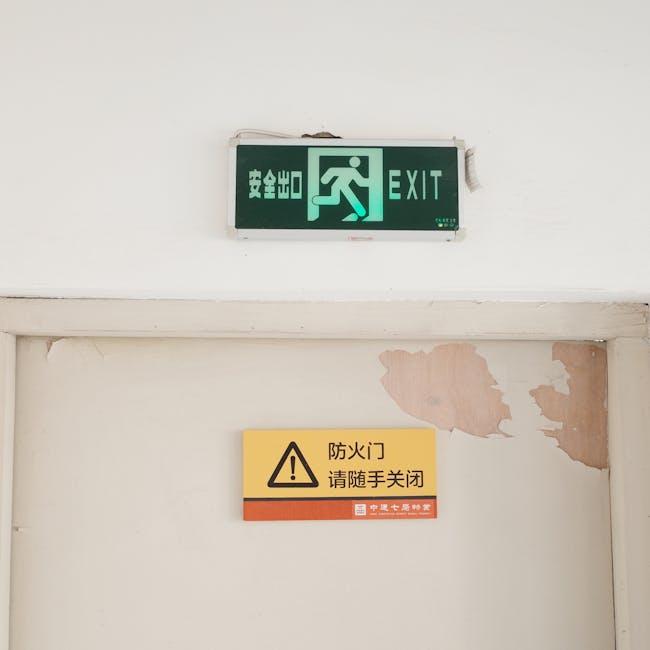Ever stumbled upon a YouTube video that looks amazing but is in a language you can’t quite decode? You’re not alone! Imagine finding a gem of a cooking tutorial, an inspiring TED talk, or a hilarious sketch, only to be met with subtitles in a language that looks like gobbledygook. It’s frustrating, right? But what if I told you that translating those videos into English is not just possible but also pretty easy to do? Let’s dive into the world of video translations, uncovering the tools and tricks to help you unlock a treasure trove of content from around the globe. Get ready to break down those language barriers and enjoy the rich tapestry of creativity YouTube has to offer!
Exploring YouTubes Language Features: Your Hidden Tools for Translation
If you’ve ever stumbled upon an intriguing video in a different language, you know that feeling of curiosity mixed with frustration. But here’s the good news: YouTube is like that treasure chest you didn’t know you had access to! It comes packed with language features that can make your viewing experience smoother than a cat sliding off a couch. You can try starting by enabling automatic subtitles—these handy little captions can be translated from languages like Spanish, French, or German right into English, opening up a world of content that might have otherwise been lost in translation. Just look for the CC icon during playback, and voila! You’re all set to dive in.
But wait, there’s more! Besides subtitles, YouTube lets you change the video’s language settings, making it easier for you to catch every little detail. Here are some essential steps you can take to enhance your experience:
- Access Settings: Click on the gear icon at the bottom right of the video.
- Select Subtitles/CC: Choose the option for your desired language.
- Turn on Auto-Translate: Select “Auto-translate” and pick English from the list.
As simple as a Sunday morning, right? With these tools, you’re not just a passive viewer; you’re becoming an active participant in a global conversation, soaking up culture and ideas from around the world. It’s like having a passport to the digital realm, where every view expands your horizons.

Step-by-Step Guide to Turning on Captions for Seamless Understanding
If you’re eager to understand every nuance of a YouTube video but find the language barrier a bit daunting, captions are your best friend! Many videos offer captions in various languages, and diving into them is straightforward. First, click on the “CC” icon on the lower right corner of the video. This simple action unlocks a world of text that follows along with the audio, providing a lifeline for those tricky phrases. If a video supports multiple languages, you can change the caption language to English by going into the settings icon (the gear-shaped) next to the “CC” button. From there, just navigate to the “Subtitles/CC” menu and select English. Voila! You’ve got yourself a clearer understanding while you immerse in the content.
For a more tailored caption experience, there are additional tools at your disposal! Some videos allow you to adjust the caption size and background for easier readability. You can also pick a font style that feels comfortable for your viewing habits. Need even more customization? Consider using browser extensions that enhance captioning options on YouTube, giving you a bit more control over how the text appears. Don’t let language keep you from enjoying the vast array of content out there; captions can make all the difference!

Beyond Subtitles: Using Third-Party Tools for Accurate Translations
Diving deep into the world of translation, sometimes subtitles just don’t cut it. They can feel like a pair of ill-fitting shoes—there’s a lot lost in the nuance! That’s where third-party tools come into play, like a trusty sidekick in your quest for understanding. Some popular tools include Google Translate, DeepL, and Trello for collaborative translations, each offering unique features catering to different needs. These resources help capture the essence of the original dialogue, empowering you to experience content just as the creator intended. Whether you’re dealing with technical jargon or regional slang, these tools ensure you won’t miss a beat.
Imagine watching your favorite foreign film, only to be left scratching your head at some of the cultural references. With third-party translation tools, you can unlock hidden meanings and connect more deeply with the narrative. They don’t just translate words; they translate emotions! Think of them as a bridge that spans across language barriers. Here are a few tips to make the most of these tools:
- Always double-check: Automated translations can sometimes miss the mark.
- Use context clues: Understanding the context can dramatically improve accuracy.
- Collaborate: Engage with others who know the language to refine your translations.

Making Cultural Connections: Why Translating YouTube Videos Matters
Translating YouTube videos isn’t just about words; it’s about building bridges. Think of it like inviting your neighbor over for dinner, even if they speak a different language. When you translate video content, you’re creating a space where people from diverse backgrounds can come together and share ideas, stories, and cultures. This connection opens up a world of perspectives that might otherwise remain locked away, offering viewers the chance to dive into culinary adventures from Japan or tech reviews in Germany with ease. Imagine the richness of global knowledge just waiting to be unearthed, one video at a time!
Moreover, translating videos can significantly boost engagement and reach. Just picture your favorite cooking channel uploading a mouth-watering recipe and translating it into several languages. This不仅 broadens their audience but transforms viewers into loyal fans who feel connected to the content on a personal level. Here are a few benefits of translating YouTube videos:
- Increased Accessibility: Making video content available to non-English speakers ensures no one is left out.
- Enhanced Learning Opportunities: Viewers can learn new skills and cultural insights through native languages.
- Broadened Market Reach: It’s a great way for creators to tap into international markets and grow their brand.

In Retrospect
So there you have it! Unlocking YouTube and translating those videos to English isn’t as daunting as it might seem. Whether you’re diving into foreign films, catching up on indie creators from across the globe, or simply trying to grasp every word of your favorite international vlogger, a few simple tools can bridge the language gap.
It’s amazing how much richer and more interconnected the world becomes when you can flip the script on language barriers. Right? Imagine all the stories, cultures, and laughs that await you! So go ahead, give those translation features a spin, and watch your viewing experience transform.
You never know what hidden gems you might uncover. Happy watching, and may your YouTube experience be as colorful and diverse as the world itself! Who’s ready for some binge-watching? 🎥✨

